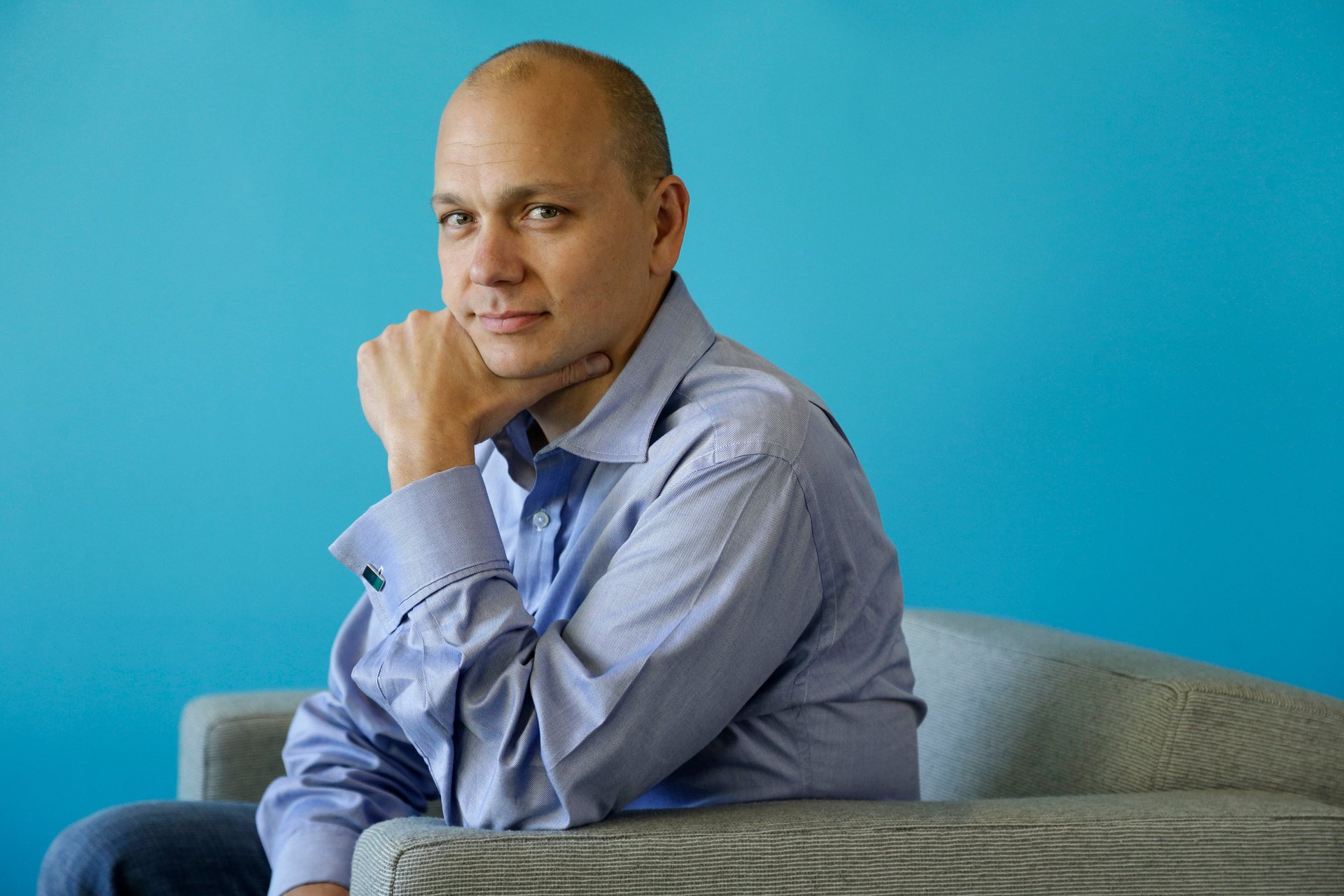Nest founder Tony Fadell: Trump’s immigration order will “damage American competitiveness”
While many in Silicon Valley are wringing their hands (or sending press releases and internal memos) about US president Donald Trump’s executive order on immigration, some of the industry’s biggest names are also starting to take action.


While many in Silicon Valley are wringing their hands (or sending press releases and internal memos) about US president Donald Trump’s executive order on immigration, some of the industry’s biggest names are also starting to take action.
Nest founder Tony Fadell, who was also a leader on Apple’s first iPod team, this week personally matched donations to the American Civil Liberties Union, joining high-profile contributors as varied as investor Chris Sacca and musician Sia.
Quartz reached out to Fadell to get his thoughts on the ACLU, immigration, and the social responsibility of Silicon Valley.
Why take it on yourself to match donations?
I thought the ban was fundamentally wrong, and it hit home both personally and professionally. I’m the product of immigrants who came to America from Lebanon, Poland and Russia. I also have many, many friends and colleagues who are first-generation immigrants. The fact is that immigrants, including many from Muslim countries, have helped to build countless tech companies in the United States. I joined with Chris Sacca and other matchers to try to inspire others to act. A spontaneous match campaign supporting the ACLU and its work against the ban seemed like a great way to make an impact quickly.
What impact does limiting immigration have on the tech community, in Silicon Valley and throughout the country?
It sends a terrible message and, if not overturned, will ultimately damage not only American technology competitiveness but American competitiveness overall.
We already have a severe qualified tech worker talent problem in America. In addition, the immigration process for them was already broken before this. The ban makes all of this worse.
A 2013 report by the National Foundation for American Policy found that international students comprised between 50% and 70% of full-time graduate students in a wide variety of STEM areas, including electrical engineering, computer science, industrial engineering, economics, chemical engineering, materials engineering, and mechanical engineering. Yet, it is already increasingly difficult to keep them working here after school. We are basically educating our foreign students with all our resources and best minds only to tell them they are not welcome based on their religion or place of origin and then see them return to their own countries to build businesses that compete with U.S. companies. We need to align our university admission policies with our immigration policies to encourage more amazing people to come to the United States—and not just to Silicon Valley—to be educated and then employed here.
In addition, the H-1B program does not address the true needs of the tech community, much less the wider business community in all sectors, which increasingly rely on knowledge workers. Creating an “extreme vetting” process and reducing the H-1B program further will exacerbate the problem.
On the human level, the ban will rip apart families who can no longer freely visit the United States, and we need to recognize that it will cast unwarranted suspicion over every immigrant, all of which will have negative ripple effects in their companies and performance.
Do technology companies bear the responsibility of acting against injustices they see in their governments?
No one sector bears greater responsibility than another when it comes to identifying injustice. We need all of our business leaders to have the courage to stand up for their principles and call out something as wrong when they see it.